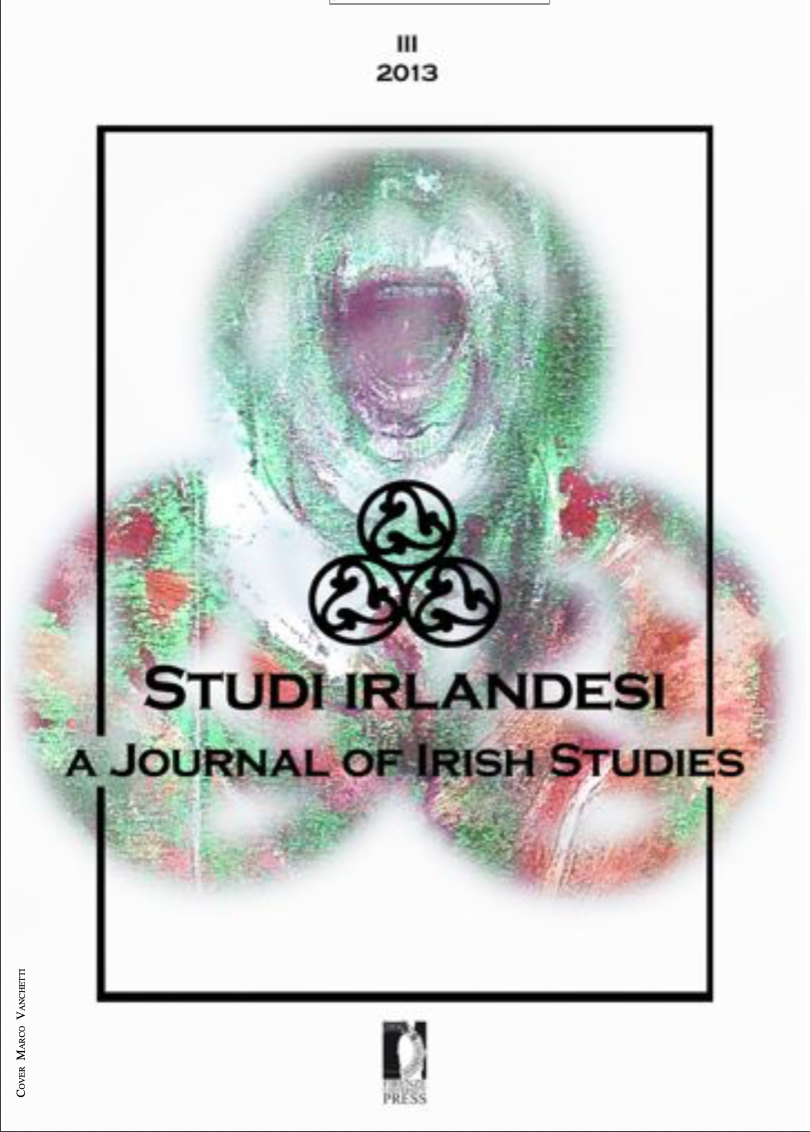(M)Others from the Motherland in Edna O’Brien’s "The Light of Evening" and Colm Tóibín’s "Brooklyn"
Published 2013-12-30
How to Cite
Abstract
From the last decade, interest in the rewriting of received notions of the Irish diaspora and of the great famine in the literature produced in Ireland has notably increased, in an attempt to revise both Irish history and identity. Within this impulse in contemporary Irish literature, two enduring authors stand out, Edna O’Brien and Colm Tóibín, whose novels, The Light of Evening (2006) and Brooklyn (2009), focus on the individual experiences of post-famine female emigrants to the United States in their unsuccessful attempts to find better living conditions either in the so-called “Promised land” or in their homeland. Taking O’Brien’s The Light of Evening as a predecessor of Tóibín’s Brooklyn, I will argue along this paper that the stories of female emigration
unfolded in the two narratives complement each other in ways that, by and large, have passed unnoticed by critics and reviewers. Considering the bond to the land as a metaphor of the bond to the mother, through the present discussion I will also explore O Brien’s and Toíbín’s current discourses on emigration in light of their portrayal of the conflictive mother figures that mirror their own motherland.


